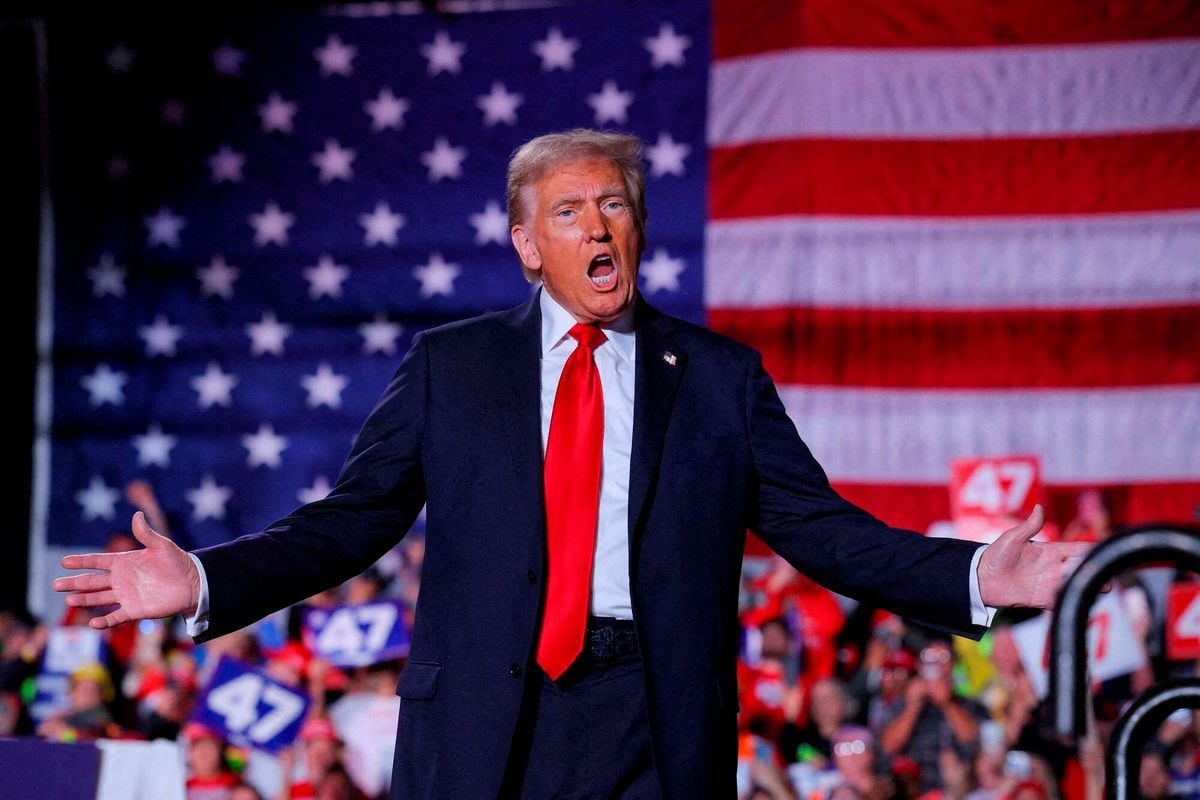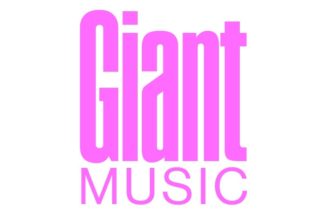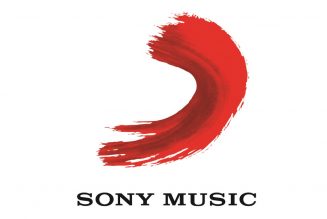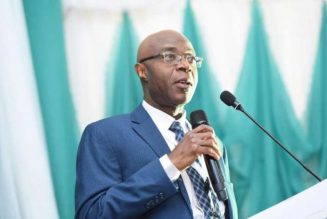
Many US aficionados in Kenya have been keenly watching the elections as international relations, diplomacy, and foreign policy students, teachers, practitioners, or experts.
This is a continuation of public analysis on US – Kenya relations following President William Ruto’s America trip hosted by President Joe Biden, in which the country was afforded significant agreements on various issues, plus great fanfare and pageantry.
For many the question remains; how would a Trump presidency affect Kenyan gains in its relationship with America?
To understand this, Kenyans must understand that the Republican Party has undergone an evolution in the Make American Great Again (MAGA) Agenda.
“Original MAGA” was powered by the “Alternative Right” movement led by the well to do types, like Steve Bannon whose predominantly White American politics resulted in the infamous attack on the US Capitol on January 6, 2021.
Currently, the Republican Party is powered by a “New Right” promoted by the likes of J.D. Vance, whose thinking of a populist National Conservative politics takes a more countrywide approach, beyond whiteness as captured in Hillbilly Elegy: A Memoir of a Family and Culture in Crisis.
National Conservative political appeal lies in conceptualising that Americans are simple people facing immense challenges in institutions they love the most such as family, community and pride in their work.
This election was the first act in pushing back against all the losses they’ve faced in these spaces.
Hence, these Americans need security, and therefore the constant nuance advocated for by liberals is a threat to them, as they lose out to technological advancements plus other effects of globalisation.
It is with that in mind that the US must think of itself first. Subsequently, the US governed under a second Donald Trump administration would have a different global view or threat matrix in terms of world relations in these times of polycrisis.
This “MAGA Light” version would mean America is concerned first with its territorial integrity, second with energy security plus technological dominance, and thirdly economic prosperity within its borders for most of its constituents as defined by this national conservatism.
Four ways
Africa is therefore seen in four ways within this world view. First as a launch pad of terror following the Al Qaeda fuelled instability in North plus West Africa, second as space of geopolitical competition against China in East Africa, and thirdly as an opportunity for energy partnerships in Southern Africa.
Lastly, Africa is viewed as a critical development partner in democracy promotion, trade or human rights devoid of exported culture wars around positions on abortion or Lesbian, Gay, Bisexual, Transsexual, Queer, and Intersex (LGBTQI) rights.
Kenyan state and non-state actors will have to come to terms with the reality of a hard revamp of the United States Agency for International Development (Usaid), thereby shifting focus of interactions, programming, and even procurement.
Usaid has a nearly 60-year presence in the country advancing access to or improving education, healthcare, economic development, supporting devolution among other forms of partnership whose content would shift under a new Trump administration.
Such change as highlighted in the Heritage Foundation’s Mandate for Leadership: The Conservative Promise popularly known as Project 2025 manifesto, will push Usaid towards linking aid directly to foreign policy interests and countering the Chinese development posture in the region.
It will also rethink aid advancing diversity, equity, and inclusion issues, while promoting gender equality as a “focus on the family” together with protection of life at conception, plus support for international religious freedom.
This kind of concepts would then manifest in different perspective in service delivery programming, that will also undergo different partnerships or procurement towards efficiency as mentioned by some of the tech billionaires such as Elon Musk who have supported Trump.
The writer is the chief executive, the International Relations Society of Kenya (IRSK) and Regional Coordinator of the East African Tax and Governance Network (EATGN). @lennwanyama









